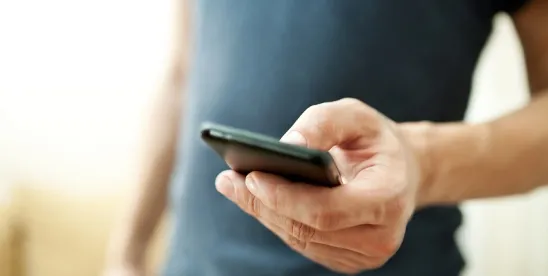The U.S. District Court for the Southern District of Florida recently entered summary judgment on the issue of treble damages, finding that there was no genuine issue of material fact regarding whether the defendant had called plaintiff’s cell phone number “willfully or knowingly.” Floyd v. Sallie Mae, Inc., No. 12-22649, 2018 WL 7144330 (S.D. Fla. Dec. 27, 2018). The case highlights the facts a defendant can develop to avoid a treble damages award, particularly in a case involving a reassigned number.
In Floyd v. Sallie Mae, Inc., a consumer gave Navient her cellphone number as the primary contact for her student loan debt. Although that number was reassigned to the plaintiff a year later, Navient received no notice of the reassignment. Id. at *1. Navient regularly called the number until May of 2012, when it discovered that the number no longer belonged to the student/debtor. Id. Plaintiff filed a TCPA action seeking treble damages for an alleged 245 debt-collection calls. Id. Navient filed a motion for summary judgment to establish that (1) a lower number of calls had been placed to plaintiff’s cell phone and (2) plaintiff was not entitled to treble damages. The court granted Navient’s motion. Id. at *2-4.
The court began its analysis by noting that “[f]or many a sense of dread inevitably accompanies unwanted phone calls.” Id. at *1. While that may be, the court’s cited authority—the lyrics from “Hotline Bling” by the popular musician Drake—do not support that proposition. The court cited this refrain: “I know when that hotline bling, that can only mean one thing.” Id. (citing Drake, Hotline Bling (2015), available athttps://www.youtube.com/watch?v=uxpDa-c-4Mc (last visited Dec. 6, 2018)). But that is inapposite, as the surrounding lyrics confirm that these particular calls were neither “unwanted” nor accompanied by “a sense of dread.” E.g. Drake, Hotline Bling(“You used to call me on my cell phone, late night when you need my love.”). Indeed, rather than dreading the calls he receives, Drake is complaining in Hotline Bling that the caller no longer calls. Missing the calls of a former paramour is not analogous to receiving collection calls regarding someone else’s student loans.
But we digress. The court’s legal analysis is on much surer ground. First, the court held that plaintiff could recover for only 28 calls. Id. at *3. Navient produced records demonstrating that it made 28 calls during the relevant period. Id. Plaintiff argued that the records were not dispositive because he was the only individual with personal knowledge regarding the calls and insisted he received 245 calls. Id. However, plaintiff had “recycled” the cell phone, did not save a copy of its call log, and his cell phone carrier did not have records related to his number. Id. The court also found inadmissible deposition testimony from another case that purportedly suggested that Navient routed its calls through a third-party. Id. In light of Navient’s evidence, and the absence of any competent contradictory evidence, the court held that no reasonable jury would believe plaintiff’s assertions. Id.
Second, the court held that the record was devoid of facts to substantiate an award of treble damages because the evidence demonstrated that Navient had called plaintiff mistakenly. Id. at *4. The court pointed to the following facts to support its decision: 1) the original subscriber used the number; 2) the original subscriber provided the number to Navient; 3) that number was later transferred to plaintiff; 4) Navient stopped calling the number when it discovered the original subscriber no longer used the number; and 5) plaintiff acknowledged in his deposition that Navient had not intended to call him because Navient’s agents referenced the original subscriber’s name during the calls. Id. at *4. Defendants facing reassigned number cases should seek to develop similar facts in discovery to nullify any potential claim for treble damages.






 />i
/>i

